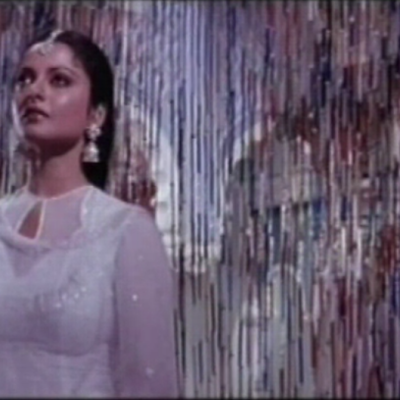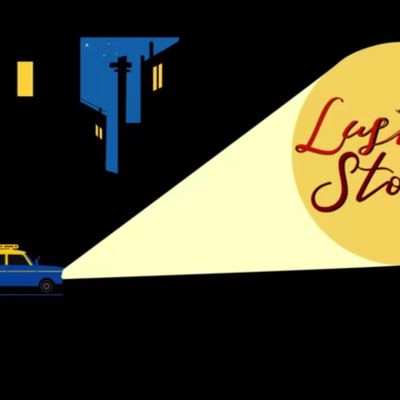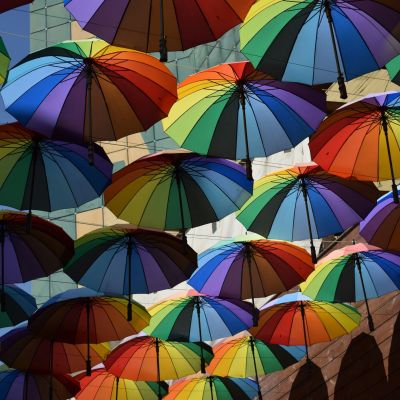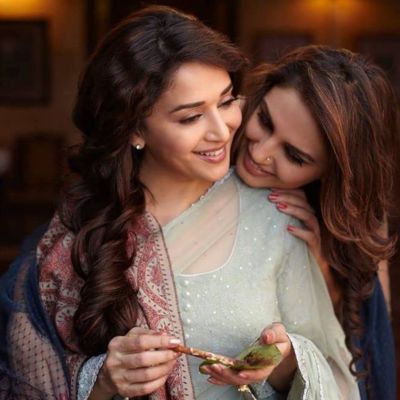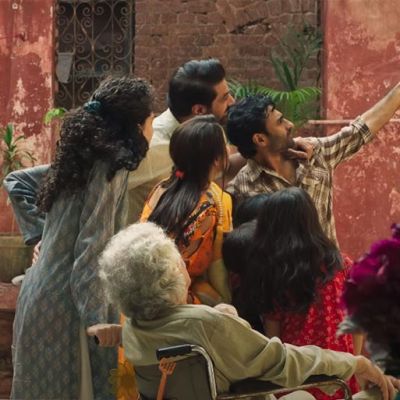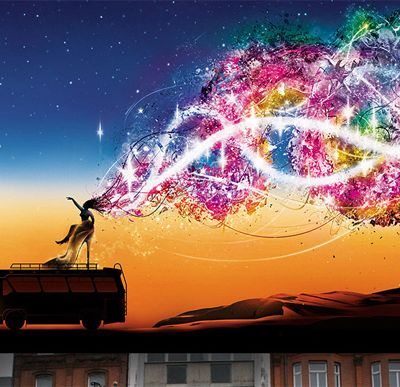Cinema
अपने बच्चों को बाहरी दुनिया की बुराइयों से बचाने की अपने यक़ीन के कारण भारतीय परिवार इस सच्चाई को नज़रअंदाज़ कर देते हैं कि बच्चों को भी दुनिया को समझने के लिए तैयारी की ज़रुरत होती है।
“‘Dhandewali’s must smoke; paan is a must; a ‘dhandewali’ can never escape her identity; ‘dhandewali’s must dress ‘differently’… Spanning over 6 decades of Bollywood cinema, ‘Zinda Laash’ highlights how very little has changed across the ages when it comes to the industry’s representation of women in prostitution. Humorously drawing attention to stereotypes, while poignantly highlighting myths, ‘Zinda Laash’ is a tribute to every sex worker who is not recognised as a woman or a human being.”
The anthology’s pull rests in its sincere and frank portrayal of male and female desires cutting across the divides of age, sexuality, and socioeconomic position. In terms of romance, the idealistic, till-death-do-us-part fantasy peddled by our movies and mainstream literature has been replaced by a realistic portrayal of modern relationships.
Despite the progress made, Hindi cinema still faces challenges in accurately representing the diversity of LGBTQ+ experiences. Critiques have been raised regarding the tendency to prioritize cisgender, upper-class narratives.
The relationships that are portrayed in queer media also often transcend all attempts at categorisation, but are still undeniably queer – as are the characters whose inescapable push-and-pull, to their audience, often becomes the plot itself.
The film has all the makings and trimmings of a commercial thriller – a dynamic story, song and dance, an action-packed climax – and at the same time, it is a cinephile’s film.
Directed by Saim Sadiq, Joyland (2022) is not a film about trans rights or women’s rights. It is not even about one specific group or community of people. It is about the whole spectrum of human emotions.
Travel and sexuality throws up different thoughts and feelings for us all. For me, it threw up the term travelling sexuality. I like it. Travelling sexuality. It sounds exotic or intellectual, adventurous, dangerous, depending on who you are and how you live life. A travelling sexuality could describe the way we evolve as sexual beings, shifting and changing identities.
As individuals who are now privileged enough to address issues concerning mental and emotional health as compared to our parents and the generations before them, it is still quite disturbing to observe emotional/ psychological violence happening to women at different levels.
In my opinion, Ghosh was in search of a language of cinema which could be adequately expressive of queerness; he was slowly moving towards inventing that language, which would not be alienating to his conformist audiences, yet, would be intelligibly pleasurable to his (informed) queer viewers.


